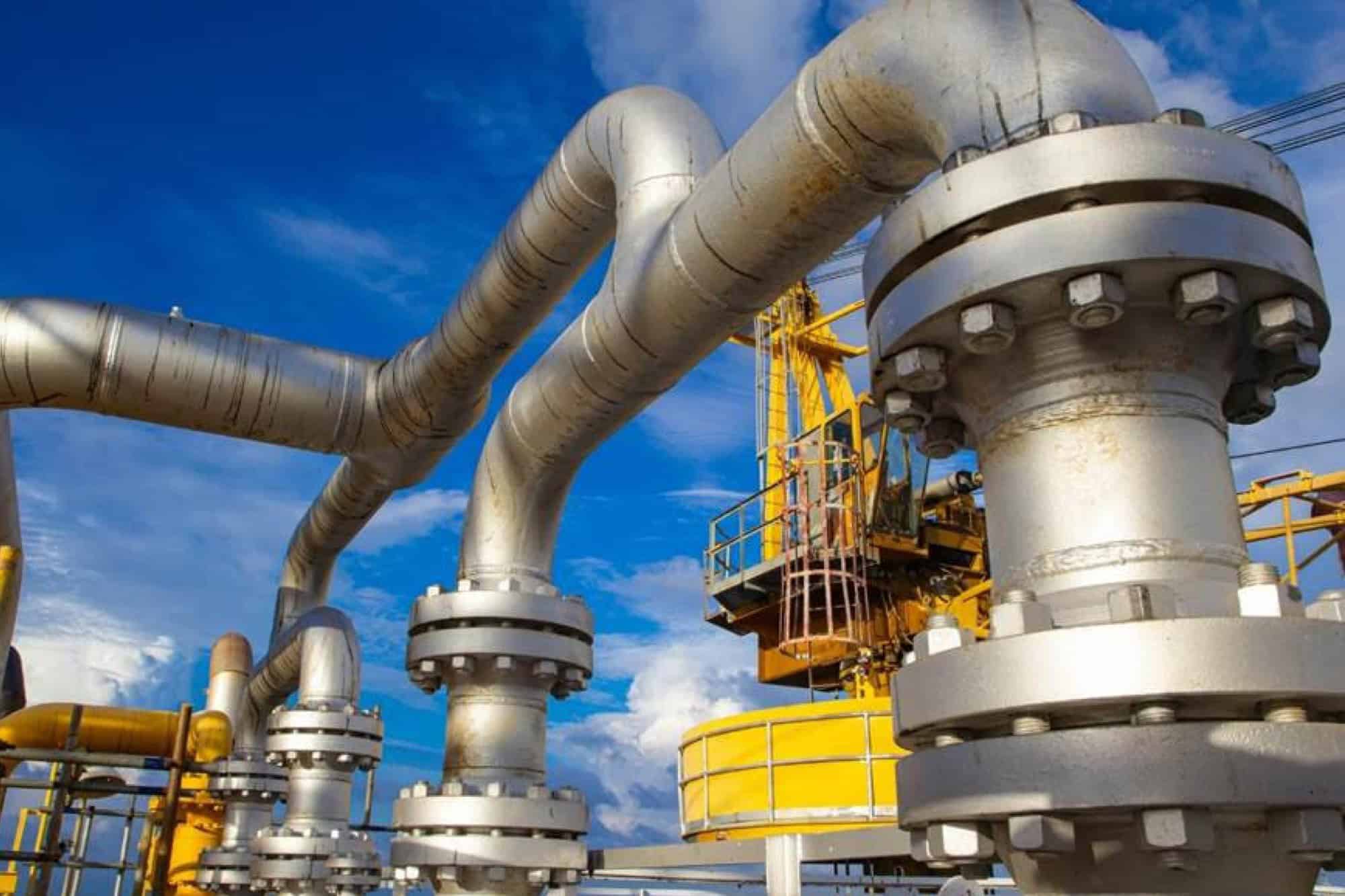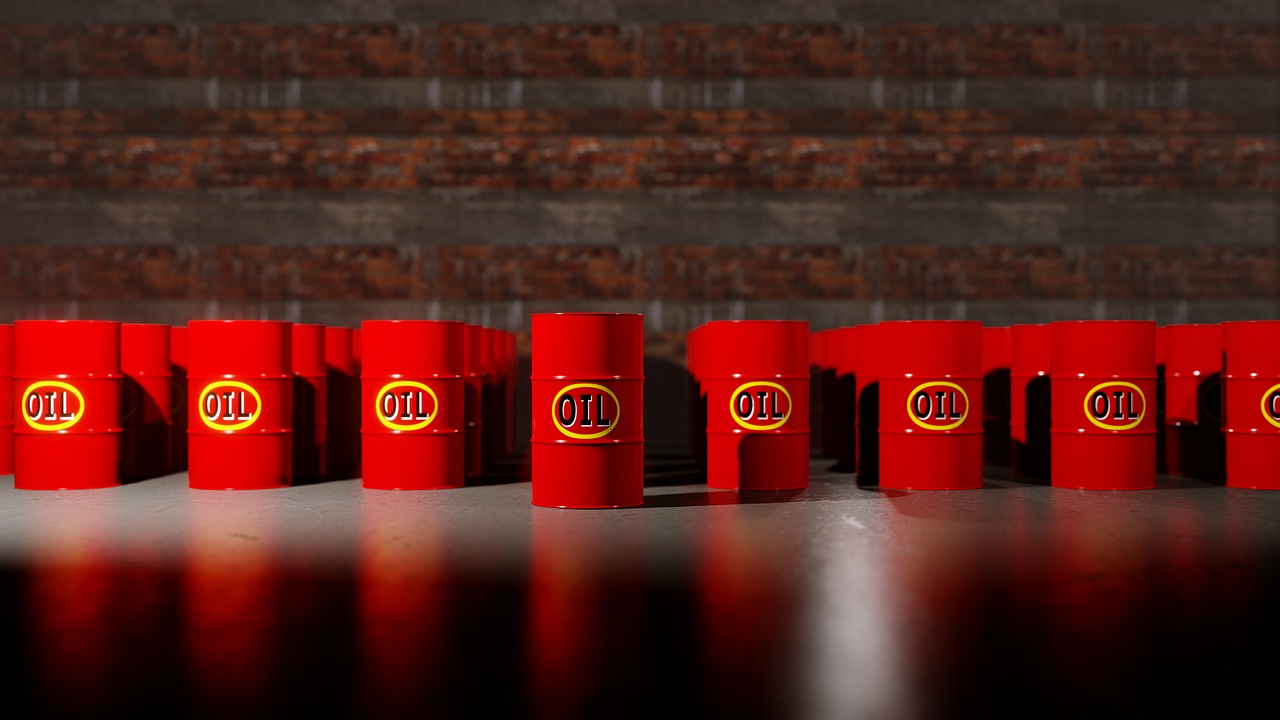Introduction
Before you start learning more on the Energy Sector and its importance, its always good to learn the basics from scratch. In this article lets learn about Oil and Gas Basics and the Oil and Gas Industry.
The Oil and Gas industry is one of the most exciting industry in the history of Mankind and is one of the most crucial sectors in the global economy. This sector plays a very important role in energy production, manufacturing sector, supply chain and logistics sector and other smaller sectors as well.
Understanding oil and gas basics, not only helps people who want to get into this industry with great knowledge but also all the consumers and industries which get impacted by the Oil and Gas industry.
In this short article lets try to explore and cover all oil and gas basics and it impact on the global economy and environment. This article on oil and gas basics help you to understand the how the global oil and gas industry works.
Table of Contents
What is Oil and Gas ?
Before start with oil and gas basics we let us first understand what exactly is oil and gas.

In simple language, oil and gas are the natural resources that are found below the earths crust. They might be found in rock formations, they are called as fossil fuels [ These fossil fuels were formed millions of years ago when ancient plants and other other resources were subjected to high pressures and temperatures ]. These fuels mainly consists of hydrocarbons – a chemical compound made of Hydrogen and Carbon atoms.
What is Crude Oil ?
Crude Oil is a unrefined form of petroleum, it is normally found in liquid form which varies in composition and density, in simple terms crude oil is the essential raw material for all end products like gasoline, jet fuel, diesel, heating oil which the oil and gas industry has to offer..
What is Natural Gas ?
Natural gas is also found along side oil deposits deep underground, basically natural gas is gaseous mixture which is mainly consists of Methane ( CH4 ). Natural gas is mainly used for heating and electricity generation purposes.
The extraction of the valuable resources involve drilling into the earths crust for locating the reservoirs. Before drilling a lot of geological mapping and scientific tests are conducted. Once these resources are extracted they are transported to refineries for further processing and distribution.
Exploration Of Oil And Gas
The actual process of oil and gas extraction starts with exploration which involves hunting of oil and gas reserves beneath the earth’s surface. There a lot scientific process or methods namely geological mapping, satellite imaging and seismic surveys which aid in locating the oil and gas reserves beneath the earth surface.
The process of locating and detecting the oil and gas reserves beneath the earths surface can take years together and requires a significant investment and government approval at the highest level. It takes significant amount of time to determine if the reserve has significant amounts of oil and gas.
Extraction Of Oil And Gas
After spending significant amount of time in locating the oil and gas reserve next comes the extraction of oil and gas phase. Normally extraction is achieved through a common process called as drilling.
We have two types of drilling for oil and gas extraction, namely Onshore drilling and Offshore drilling. Let us deep dive a bit on what is Onshore drilling and Offshore drilling.

Onshore Drilling
This type of drilling is performed on lands, where drilling rigs are set up to drill deep into earths surface.
Offshore Drilling
This type of drilling is conducted in water bodies like oceans. This involves construction of platforms called rigs and then extracting oil and gas beneath the sea bed.
Drilling and extraction of oil and gas be a very costly venture but due to the advancement in technologies the risk has been significantly lowered.
Refining And Processing Of Oil And Gas.
After the oil and gas have been extracted they transported to various refineries through well equipped logistical services, where they undergo various processes before finally getting forged into useful products.
The refining includes various processes namely :
Distillation
Distillation is a process which involves heating of the crude oil and the vapor that originates condenses into different products. Since different products have different boiling temperature, gasoline boils at lower temperatures and products like asphalt boil at higher temperatures.
Cracking
Cracking is process which involves breaking off larger and heavier hydrocarbons into smaller and lighter hydrocarbon products like gasoline and diesel. Catalyst can also be used to speed up the breaking down process.
Other process may involve removing impurities like nitrogen & sulfur and in many cases the chemical structure of the hydrocarbon itself is altered to get desired useful products.
Natural gas is also processed at refineries where they are processed to remove impurities like carbon-di-oxide and separating Methane which is the main component of Natural gas. After the purification of natural gas, it is readied for distribution.
Distribution Of Oil And Gas
Once the oil and gas are refined, then its distributed to various sectors and house hold consumption. Products like gasoline are transported through pipelines and other logistical services. Gasoline stations are set up at critical geographical location which ensure that these products reach the end consumer at the right time.
Natural Gas is supplied using pipelines from the processing unit to house holds and businesses. LNG [ Liquified Natural Gas ] which is obtained by cooling the Natural Gas can be transported globally by using ships without using pipelines.

The end consumers and business rely on oil and gas for heating purposes, electricity generation, manufacturing of plastics and fertilizers. Industries which process oil and gas into various products like plastics and chemicals are commonly known as “Petrochemical Industries“
Environment Concerns And Future Of Oil And Gas.
All in all, the global Oil & Gas industry poses a global environmental and ecological concern. The extraction and burning of fossil fuels contribute to global air pollution and greenhouse gas emissions. Oil and gas industry also contribute to other climate issues. Oil spills and gas leaks also causes a great impact on the eco-system and the human community.

Efforts are in the process to handle such issues and develop cleaner technologies which aims to reduce the release of carbon-di- oxide into the atmosphere. Additionally there is the global demand for use renewable energy resources like solar, wind & hydroelectric energy, which offer clean and green energy than fossil fuels.
Despite all of these global trending concerns, oil and gas has a big impact on the global economy and are seen as indispensable commodity. The global transition from traditional fossil fuels to renewable energy may take some time, till then fossil fuels will play will a important role in the Energy Sector.
Conclusion
The Oil And Gas Industry is a very important and a complex industry which impacts human life and society at all phases. From its extraction to refining to distribution and usage oil and gas industry is integral part of the Global Economy, but also there is a rising global concern for the environmental issues caused due to oil and gas industry.
As sustainability trend grows there will be a bigger shift towards clean and green energy such as solar energy and wind energy. Understanding oil and gas basics helps you to appreciate how well is the oil and gas industry organized also gives a deep understanding on all the challenges its faces.
If you want to know Is Natural Gas Renewable or not, please read the following Is Natural Gas Renewable ?
Hope you enjoyed reading the article, and gained great insights on the topic oil and gas basics. We are pretty sure these oil and gas basics will help you in the long run. Please do refer and recommend this oil and gas basics article to your dear and near ones.
THANK YOU & GOOD LUCK !!


